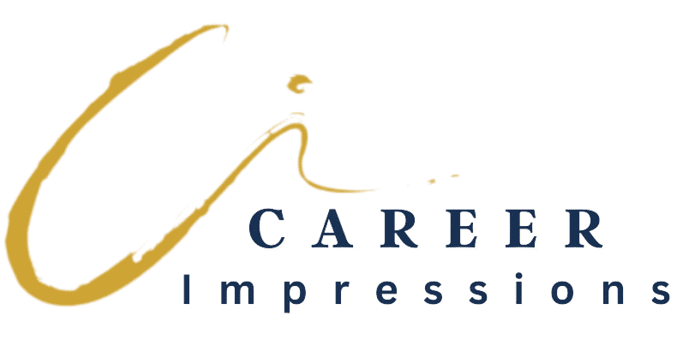
Your Resume Is All About You…Or Is It?
Your resume tells your career story. It documents your career history, achievements, and strengths. However, your resume is not about you; it is about the company that is hiring.
The number one thing you need to know when crafting a resume is WHO will be reading it.
Just like any marketing collateral, you need a deep understanding of the target audience’s needs (employer) before you start to compile. Then you must align offerings with needs – very precisely – for content to resonate.
Every bullet point and statement on your resume must be valuable to the reader, not just valuable to you. Yes, the resume may be all about you, but it isn’t meant for you.
How to Write Your Resume for Your Target Employer
Read and understand the job posting
A critical first step in the application process is to carefully read and understand the job posting. It is the roadmap for resume creation.
An assessment of the job posting can help determine if you are a good fit for the company and role, while also ensuring that you identify details, requirements, skills, and keywords to address in the resume.
The better you can align your resume with a job posting, the better it will be received.
Customize your resume to the industry and the position
General resumes don’t work.
No need to rewrite your resume from scratch every single time you apply to a position, but spend a bit of time customizing each resume before submitting it.
Customization means:
- Including appropriate industry language, terminology, and keywords,
- Speaking to accomplishments that are relevant to the position
- Providing specific details that help the employer see how your skills and experience would benefit them
Resume customization is particularly critical for online applications or ATS.
Cut out unrelated content
Without a doubt, you have a career history full of accomplishments and achievements. Including all of these details on your resume is not how to share your career story with prospective employers.
Too much information – or the wrong kinds of information – can muddy up a resume and make your value harder to understand.
Instead, focus on your most relevant and impactful experiences and accomplishments. Resume readers want relevant facts, and they want them fast. If an employer has to scan a dense and highly detailed resume, you run the risk of losing their interest or burying key facts.
Focus on the quality of the content
Purposefully place each statement, bullet, and information piece in your resume. Ensure every point counts. Give the reader high-quality content so they can understand who you are and how you can help.
An analysis of over 4000 resumes by Talent Works found the following points to exponentially helpful in securing interviews:
- Every 3 sentences, use at least 1 number to demonstrate your (concrete) impact. People who did that saw a +40.2% boost over their competition.
- Incorporate 1 to 2 leadership-oriented words every 5 sentences. Job applicants who used strong, active, leadership words saw a +50.9% boost over their competition.
- Add 15 to 20 skills, buzzwords, acronyms to your resume. This associated with a +58.8% boost in hireability on average.
- Describe your job achievements with different action verbs. This single tip saw a +139.6% boost in getting more interviews.
Write your resume with the employer’s needs top of mind to improve your chances of being selected for an interview. The more customized, tailored, and purposeful the content, the more likely the reader will see a clear connection between what they need and what you have to offer.
If you are looking to develop a customized resume – that aligns your value with your target employer’s needs – reach out. I can help.
